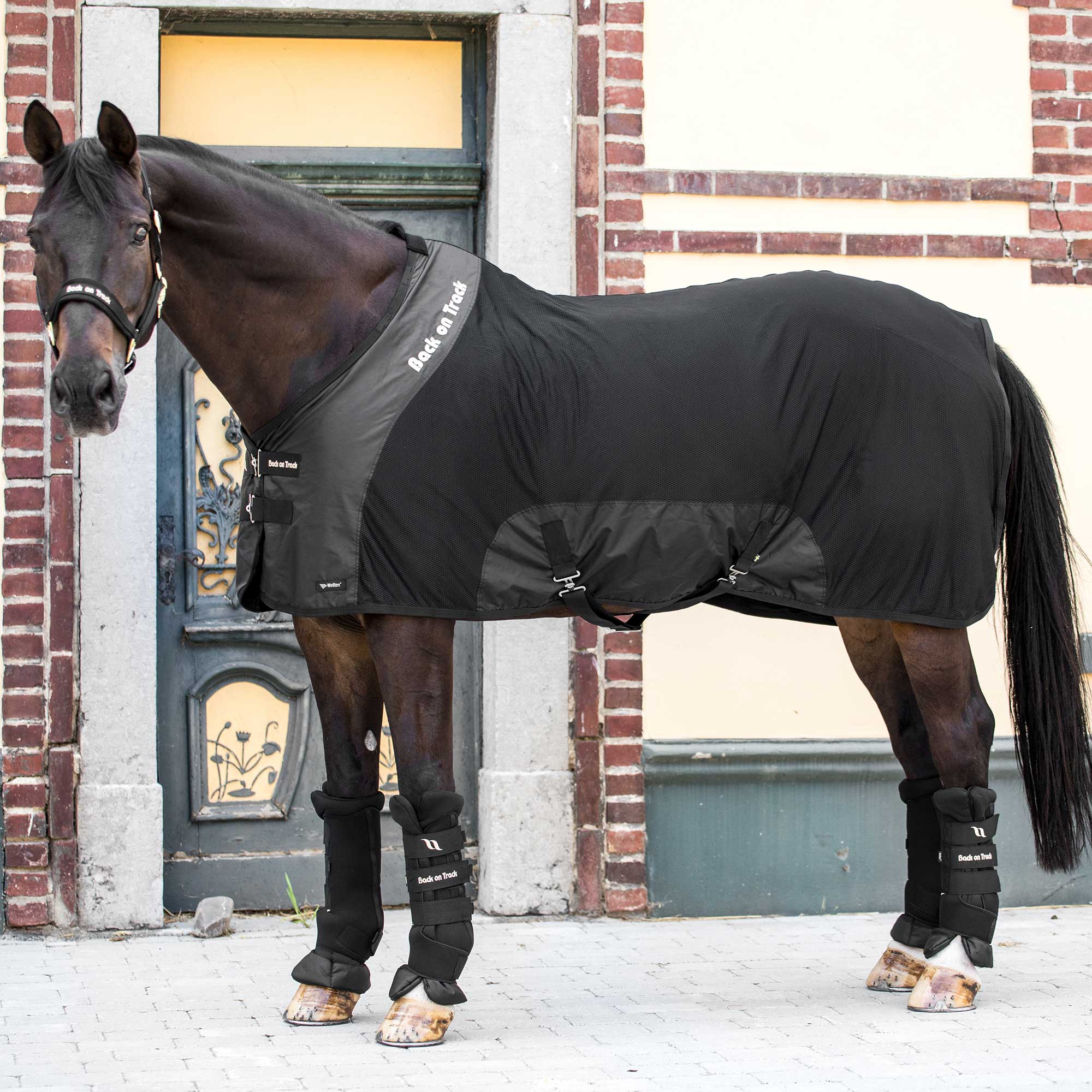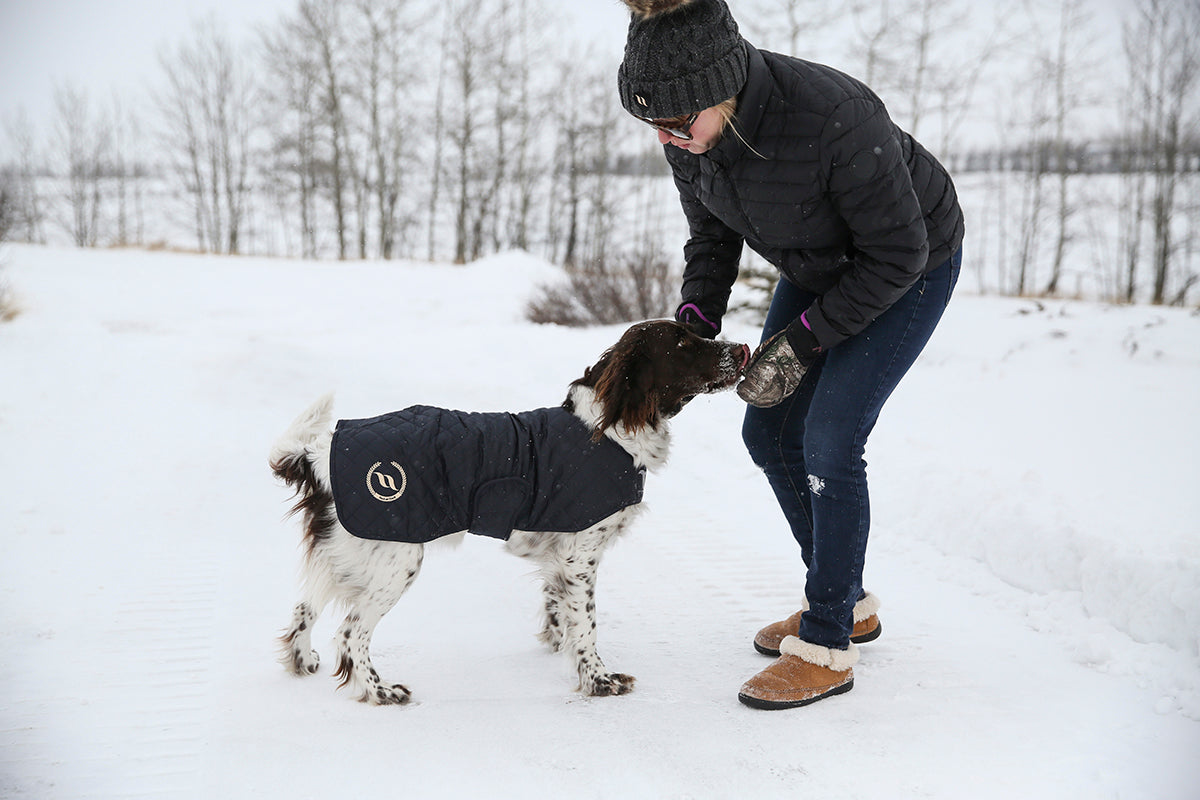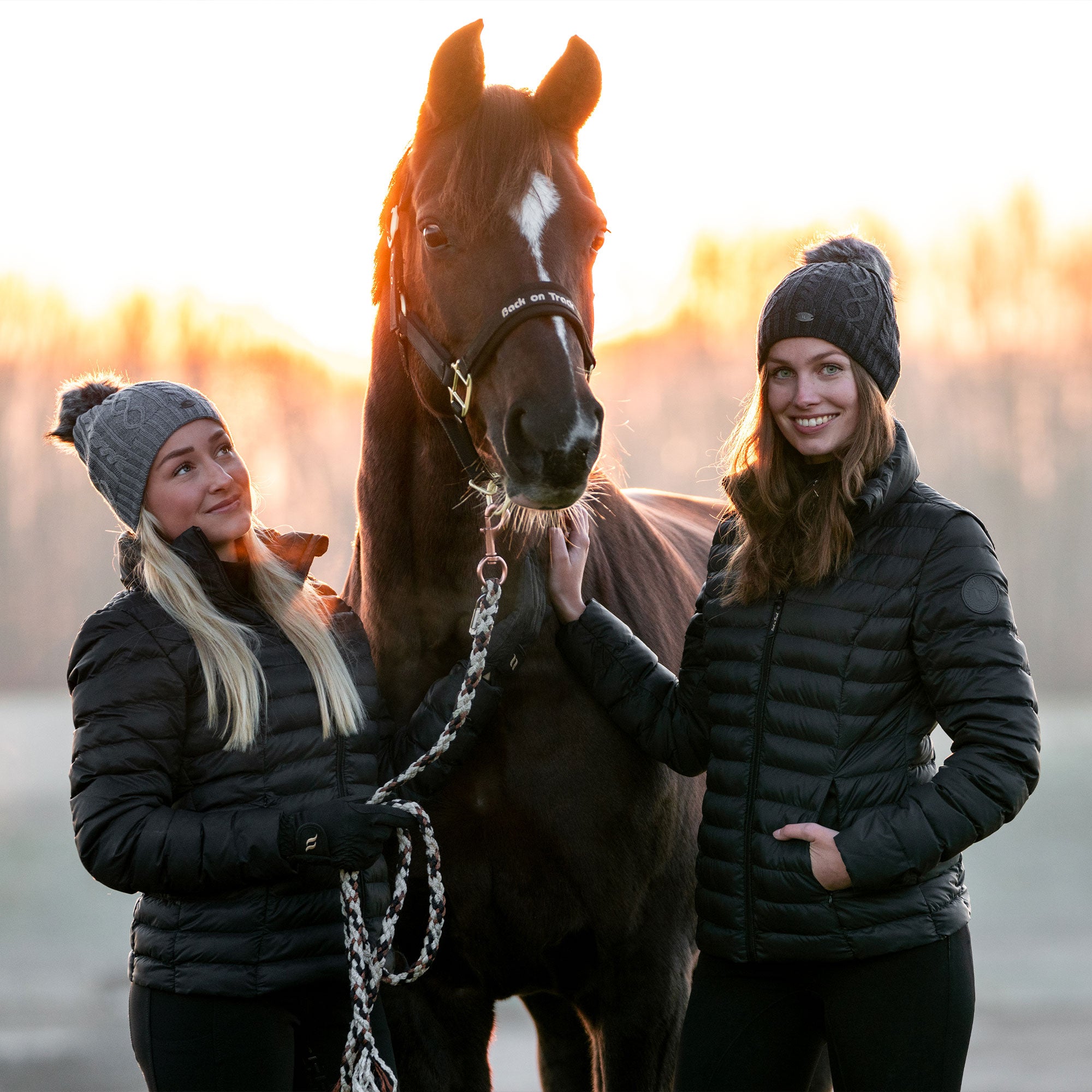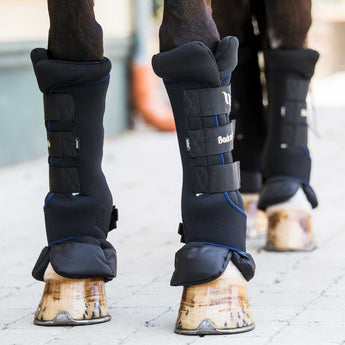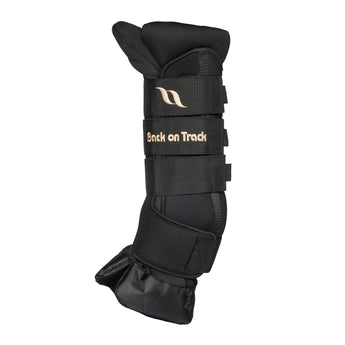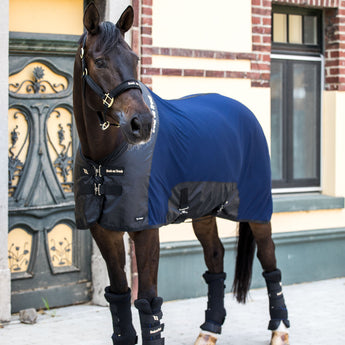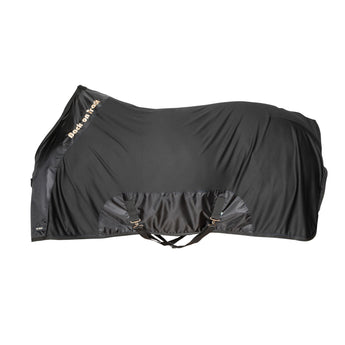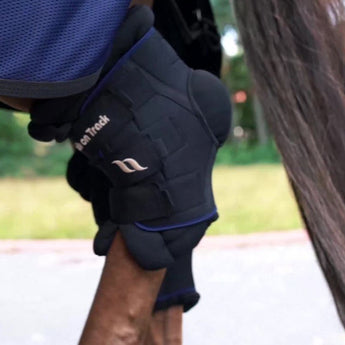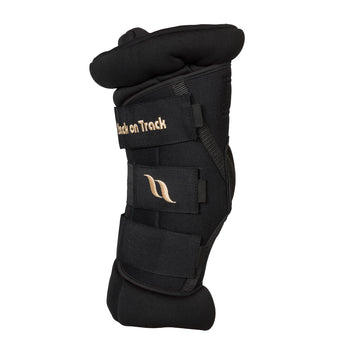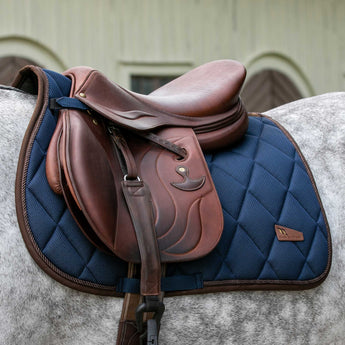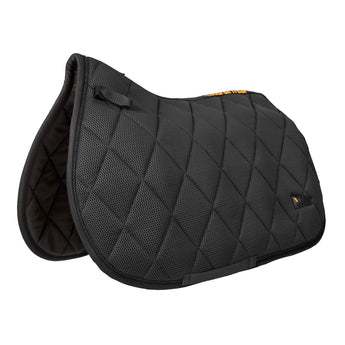Just like kids, our dogs grow up too fast. Every new stage in your four-legged friend’s life is a treat that brings new and exciting adventures. However, every birthday can also bring a new set of challenges that you and your pup will have to face together. Understanding the different stages in your dog’s life ensures that both you and your pooch are well-prepared for whatever the passing years may bring. This guide provides a deeper understanding of the different stages in your dog’s life, from the playful days of puppyhood to the serenity of their senior years.
Puppyhood
Puppyhood is often equal parts fun and exhausting. Your dog will be eager to explore the world during their first few years of life, and they’ll likely get into a bit of trouble as a result. Your job as their owner is to help them learn how to safely navigate the world. Enrolling them in a puppy training class is a great place to start and bring a bit of stability and order into your newly hectic life as a dog owner. Just like children, puppies are bundles of energy that can go from zero to one hundred very quickly. This means they’ll need a lot of exercise and a lot of rest. Providing your new four-legged friend with food designed specifically for puppies will ensure they receive the necessary nutrients to grow and develop.
Adulthood
Dogs reach adulthood at about two years old, but they can maintain their puppy mentality and energy for far longer. Many adult dogs still feel spry as young pups, but their bodies are beginning to age. The risk of injury may be slightly greater as a result, so it’s important that you take the necessary precautions to keep them fit. Regular exercise will keep your dog trim and active well into adulthood. Your dog may be done growing as they reach adulthood, but they’ll still need food that’s high in vitamins, minerals, and other nutrients. Adulthood may also bring about additional health conditions. Be sure to choose food that provides the right nutrients for your dog’s specific health needs.
Senior years
During their twilight years, many dogs begin to prefer lounging indoors instead of doing high-energy outdoor activities. However, it’s still important that your senior pooch receives a bit of light exercise on a regular basis. Be sure your dog doesn’t overexert itself when playing, as injuries can occur far more easily in senior dogs. Heart conditions, trouble breathing, and joint and hock instability are all common ailments for senior dogs. A dog wrist brace can reduce pain and inflammation for senior dogs with arthritis, while a therapeutic blanket can ease pain in other areas of their bodies.

